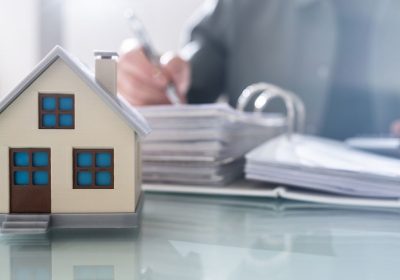Being a landlord comes with a unique set of rights and responsibilities. Whether you’re a seasoned landlord or just starting out, understanding your legal obligations, and knowing your rights is crucial for a smooth and successful landlord-tenant relationship.
The Right to Screen Tenants:
As a landlord, you have the right to screen potential tenants to ensure they are reliable, financially stable, and responsible. Screening processes typically involve conducting background checks, verifying employment and income, and checking references. By exercising this right, you can protect your property and minimize the risk of problematic tenants.
The Responsibility to Provide a Safe and Habitable Environment:
One of the primary responsibilities of a landlord is to provide a safe and habitable living environment for tenants. This includes maintaining the property in good condition, adequate heating and cooling, functional plumbing and electrical systems, and complying with building codes and safety regulations. Regular property inspections and timely repairs are essential to fulfill this responsibility.
The Right to Collect Rent:
As a landlord, you have the right to collect rent from your tenants in accordance with the terms of the lease agreement. It is important to establish clear rent payment procedures, including due dates, accepted payment methods, and any late fees or penalties. While collecting rent is your right, it is equally important to provide tenants with receipts or other documentation as proof of payment.
The Responsibility to Maintain Security Deposits:
When renting out a property, landlords often collect a security deposit from tenants to protect against potential damages or unpaid rent. It is the landlord’s responsibility to handle these security deposits in accordance with local laws. This may include placing the deposit in a separate account, providing tenants with a written receipt and information about the deposit, and following proper procedures for returning or withholding the deposit at the end of the tenancy.
The Right to Access the Property:
Landlords have the right to access the rental property for certain reasons, such as making repairs, conducting inspections, or showing the property to potential tenants or buyers. However, it is important to respect tenants’ privacy rights and provide reasonable notice before entering the premises, except in emergency situations.
The Responsibility to Address Tenant Concerns and Maintenance Requests:
Part of being a responsible landlord is promptly addressing tenant concerns and maintenance requests. It is essential to establish clear communication channels with tenants, respond to their inquiries or complaints in a timely manner, and ensure that necessary repairs are carried out promptly. Failing to address tenant concerns can lead to dissatisfaction, strained relationships, and potential legal issues.
The Right to Enforce Lease Terms:
Landlords have the right to enforce the terms and conditions of the lease agreement. This includes enforcing rules regarding noise, pets, subletting, or any other provisions outlined in the lease. However, it is crucial to familiarize yourself with local rental laws to ensure that your lease terms are fair, legal, and enforceable.
Being a landlord comes with both rights and responsibilities. Understanding and respecting these essential aspects of property management is crucial for maintaining a positive and productive landlord-tenant relationship. By upholding your responsibilities and exercising your rights in a fair and legal manner, you can create a harmonious and mutually beneficial environment for both parties involved.



